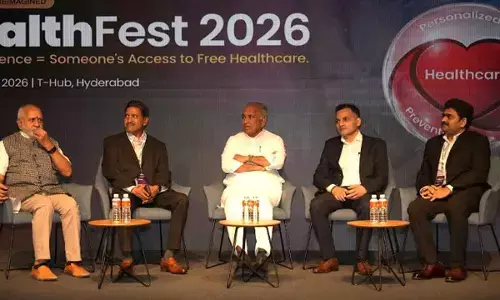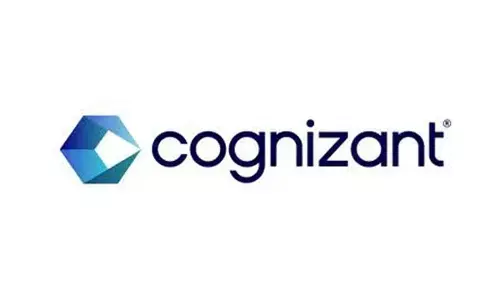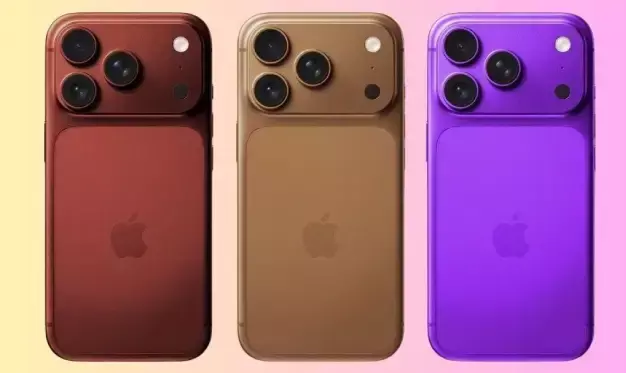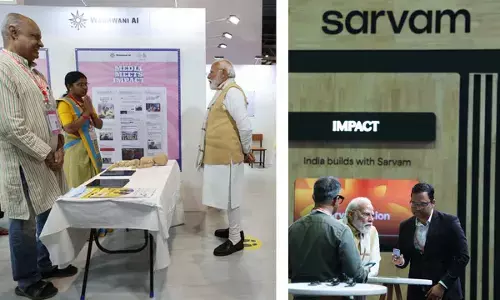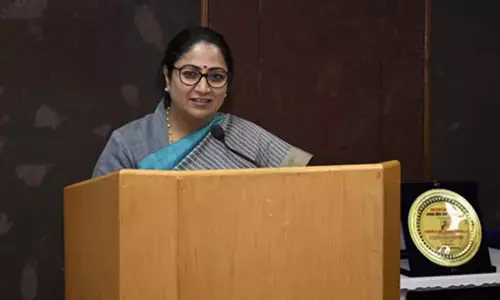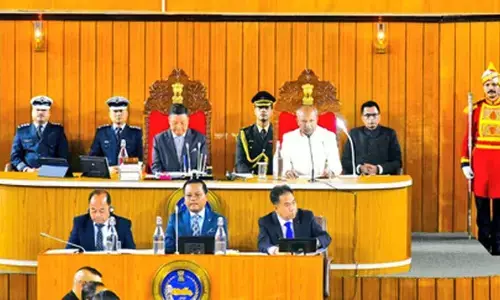Chatbot-based AI health apps can't be your doctor: Study
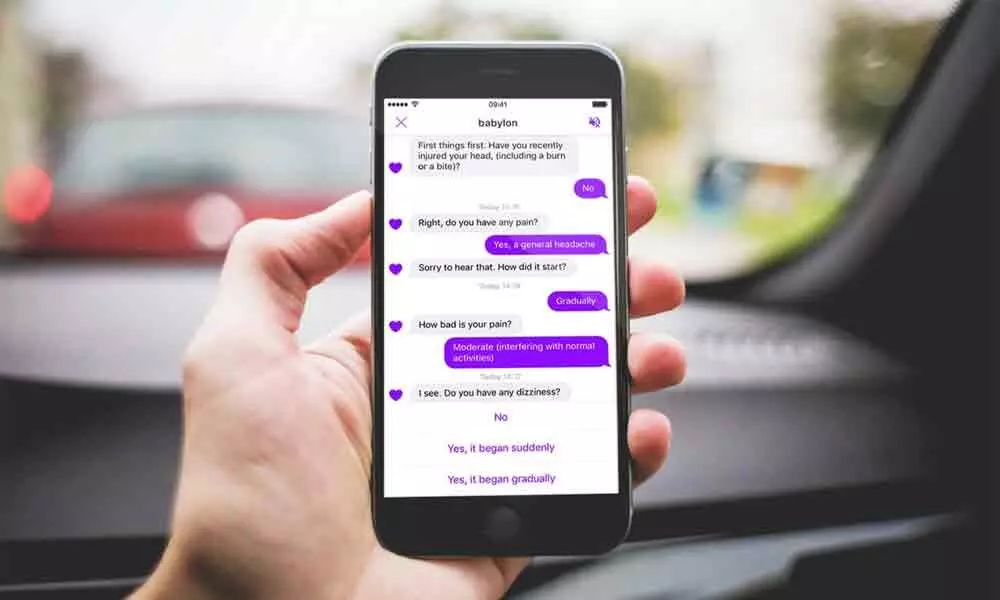
Chatbot-based AI health apps can't be your doctor: Study
As millions of people turn to their mobile devices to talk to chatbot-based health apps, researchers have revealed that existing apps lack the functions to support the full diagnostic process of a traditional visit to a medical facility.
New York:As millions of people turn to their mobile devices to talk to chatbot-based health apps, researchers have revealed that existing apps lack the functions to support the full diagnostic process of a traditional visit to a medical facility.
These chatbot-based symptom checker (CSC) apps can only support five processes of an actual exam: establishing a patient history, evaluating symptoms, giving an initial diagnosis, ordering further diagnostic tests, and providing referrals or other follow-up treatments, reports researchers from Pennsylvania State University.
"These apps do not support conducting physical exams, providing a final diagnosis, and performing and analysing test results, because these three processes are difficult to realise using mobile apps," said Yue You, a graduate student at Penn State's College of Information Sciences and Technology.
In the study, the researchers investigated the functionalities of popular CSC apps through a feature review, then examined user experiences by analyzing user reviews and conducting user interviews.
Through their user experience analysis, the team also found that users perceive CSC apps to lack support for a comprehensive medical history, flexible symptom input, comprehensible questions, and diverse diseases and user groups.
The findings could inform functional and conversational design updates for health care chatbots, such as improving the functions that enable users to input their symptoms or using comprehensible language and providing explanations during conversations.
"Especially in health and medicine, [another question is] is there something else we should consider in the chatbot design, such as how should we let users describe their symptoms when interacting with the chatbot?" You said in a university statement.
Additionally, the findings could help individuals understand the influence of AI technology, such as how AI could influence or change traditional medical visits.
In the past, people generally trusted doctors.
But now, with the emergence of AI symptom checkers and the internet, people have more sources of information.
"How would this information challenge doctors? Do people trust this information and why? I think this work is a starting point to think about the influence of AI symptom checkers," the authors wrote.


